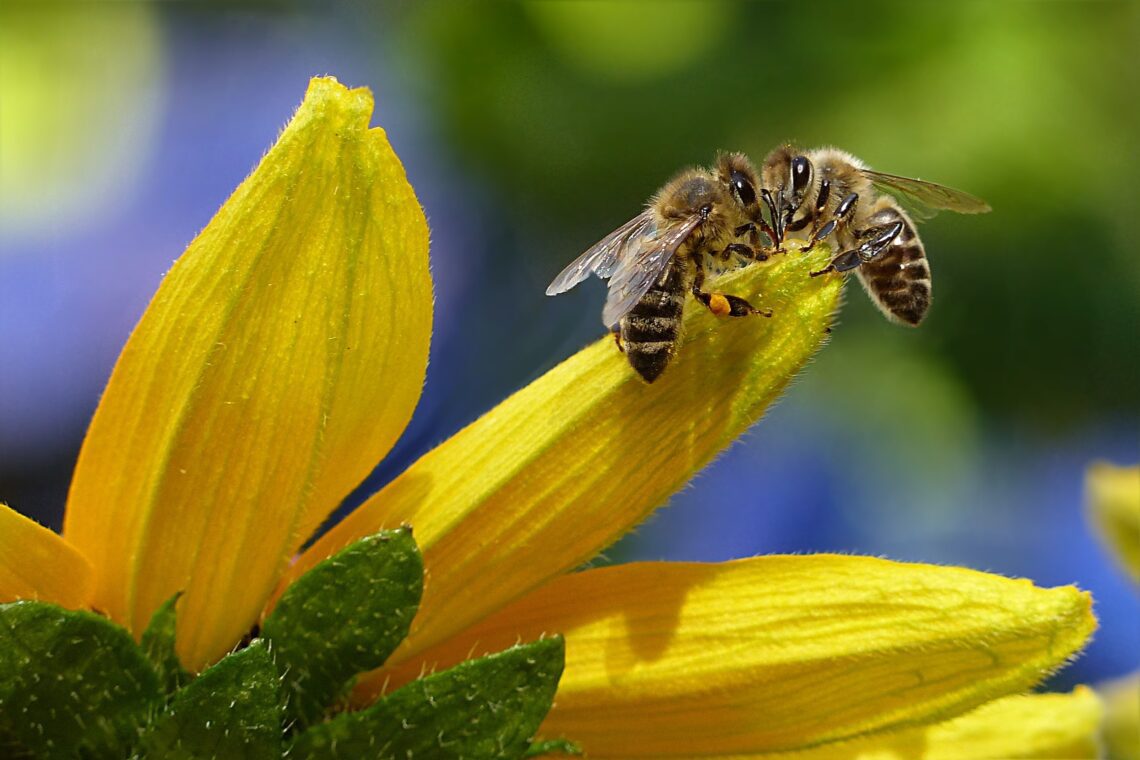
Exploring biodiversity loss and its solutions
What is the problem, and why is biodiversity important?
Humans are causing a biodiversity loss — but they can help solve it. Biodiversity loss is one of the most pressing environmental issues of modern day. Yet, researchers say there isn’t enough being done to halt the extinction of species.
“To a certain extent, our ecosystems can buffer the loss of some species, but there is a tipping point where systems will radically change and can never be recovered,” says Victoria MacPhail, a research associate at York University’s Faculty of Environmental and Urban Change.
Joseph Bennett, an associate professor from the Institute of Environmental and Interdisciplinary Science at Carleton University agrees. Bennett states that there may be a loss of 1,000 times more species per year than the background rate.
Though some sources disagree that the extinction rate is so drastic, a more modest 2019 UN-endorsed report acknowledges that species are being lost at an “unprecedented rate.” They warn that species extinction rates are “accelerating.”
So why is biodiversity important in the first place? MacPhail urges that the benefits of biodiversity are immense. They include many examples—from climate regulation and recreation opportunities, to spiritual reasons and increased water quality.
A similar perspective is shared by Marie Quinney from the World Economic Forum. She explains that biodiversity is integral to food security, economic stability and growth, protection from natural disasters and protection from infectious disease.
The final point being an ongoing topic during the COVID-19 pandemic, the 2022 avian influenza epidemic in bird populations and the 2022 monkeypox outbreaks. Infectious disease and biodiversity are intertwined; the more humans interact with ecosystems, the more animal diseases will spill over and affect humans. By protecting and increasing biodiversity, we may be able to limit infectious disease outbreaks.
Aside from the clear and tangible benefits biodiversity provides for humans, both MacPhail and Bennett say that every species has an inherent right to a chance at survival.
Citizen science helps scientists and biodiversity
So, what can the average person do about biodiversity loss? It’s easy to get overwhelmed by large systemic issues, but these problems are solvable with human intervention. “It’s only hopeless if we let it be,” says Bennett.
One area where ordinary people can help is citizen science. Citizen science is vital to our understanding of ecosystems and biodiversity. Additionally, it is an activity that virtually anybody with internet access and a camera may be able to help with.
A current citizen science project is Bumble Bee Watch, administered by MacPhail and staffed entirely by volunteers. A volunteer simply takes a photo of a bumble bee and identifies it. They then submit the photo and its location to experts for review. The initiative helps researchers understand bee migratory patterns, which can help protect them.
“Citizen science is fast becoming a way to increase our knowledge of the world around us and also get the public involved and engaged in research and their community,” says MacPhail.
Bennett adds that citizen science allows researchers and scientists to focus efforts on protecting and restoring ecosystems—rather than monitoring targeted species.
What else can the average person do to help?
Aside from citizen science, MacPhail and Bennett explain that the average person can help by eating less meat. A study published in Science indicates that lowering global meat consumption would lower ecosystem pressure and in turn raise biodiversity levels.
MacPhail and Bennett also highlight the importance of consuming fewer material goods. According to 2020 research published in Nature, overconsumption of material goods has a negative impact on biodiversity by increasing demand for energy usage, natural resource extraction and water use, so it fits that less consumption may help biodiversity.Bennett stresses the importance of youth engaging with politics, adding that young people are more likely to work towards putting new ideas into practice. MacPhail echoes this sentiment, further emphasizing that “we know many of the causes and solutions to the problem of biodiversity loss. The task now is to put those into action.”
About the author
Eliot is a journalist for Youth Mind. His background is in English and creative writing at York University. When not writing, he studies medical laboratory science in Kingston, and enjoys hand spinning yarn, cooking, and gardening.







